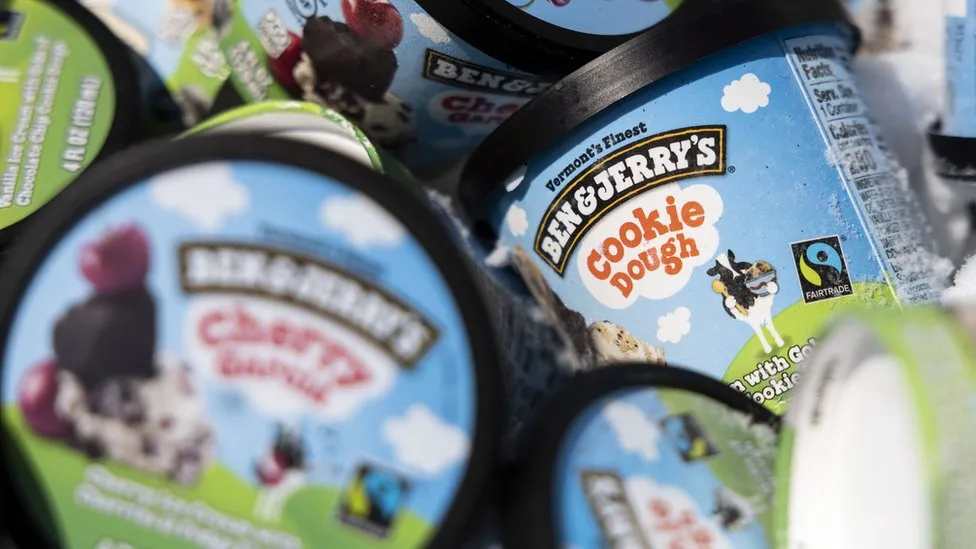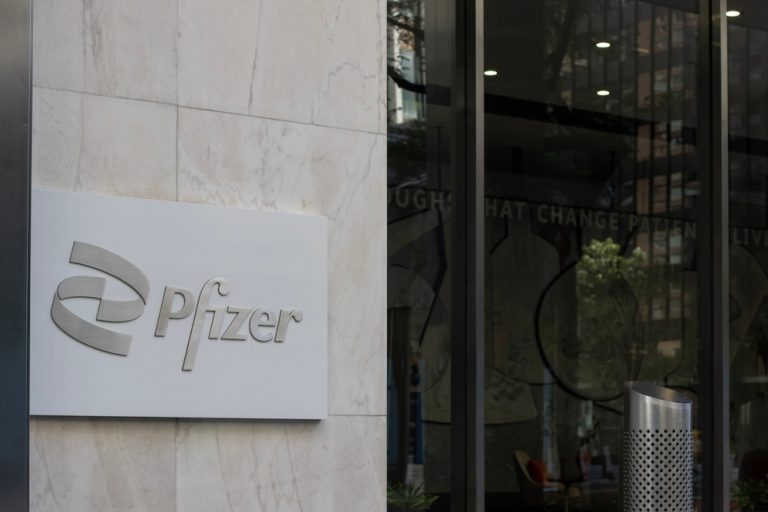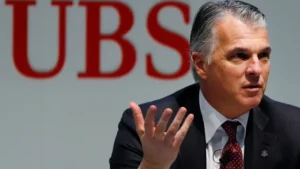In boldly reflecting its longstanding commitment to social activism, Ben & Jerry’s board has called for a “permanent and immediate ceasefire” in the Gaza conflict. This statement aligns with the brand’s history of taking politically charged stances, previously manifested in its attempt to halt sales in the West Bank and East Jerusalem. This decision sparked a dispute with its parent company, Unilever.
The ice cream giant’s intervention comes at a time when major US firms, including Starbucks, are facing global boycotts over their perceived support for Israel. Amid these turbulent times, Ben & Jerry’s stands firm in its values. “Promoting peace has been an integral part of Ben & Jerry’s DNA for four decades,” asserts Anuradha Mittal, head of the board and leader of the Oakland Institute. She reiterates the board’s unwavering commitment to peace and their call for an immediate ceasefire.
The recent debates in the US and globally have centred on how companies and institutions should react to the complex situation—specifically, the brutal attack by Hamas on Israelis on October 7th and the subsequent Israeli military response in Gaza. Amidst these debates, companies like McDonald’s and Starbucks have attributed the backlash against their brands to misinformation circulating on social media.
Ben & Jerry’s, with its history of supporting peace and peace-building initiatives, makes a clear statement through its spokesperson: the call for a ceasefire represents the independent board’s stance, echoing the company’s broader commitment to social justice. This approach to business is familiar to Ben & Jerry’s. When acquired by Unilever in 2000, the company ensured the preservation of its right to an independent board to guide its social mission, often advocating for causes such as LGBTQ+ rights and climate change.
In 2021, before the current escalation of violence, Ben & Jerry’s made headlines for its stance on the treatment of Palestinians, refusing to sell its products in areas of Palestine it deemed illegally occupied by Israelis. This decision led to a severe backlash, including warnings from the Israeli government and calls for boycotts by organizations like the Simon Wiesenthal Centre, labelling the move as “anti-semitic ice cream.”
The controversy extended to political realms, with some US states considering withdrawing investments from Unilever. Despite Ben & Jerry’s objections, Unilever ultimately sold the Israeli branch to a local operator, allowing sales to continue under a different brand.
Anuradha Mittal’s personal views on the Gaza conflict have also stirred controversy, leading to intense online criticism and actions by prominent figures such as activist investor Nelson Peltz. This complex situation underscores companies’ challenges and responsibilities when engaging in political activism and the global impact of their decisions.
As Ben & Jerry’s continues to navigate the intricate web of global politics and corporate social responsibility, their latest call for a ceasefire in Gaza reflects a consistent, albeit controversial, approach to advocacy. Their stance sparks critical discussions about corporate involvement in political issues and highlights the growing expectation for companies to take a stand on global conflicts and human rights.






















+ There are no comments
Add yours